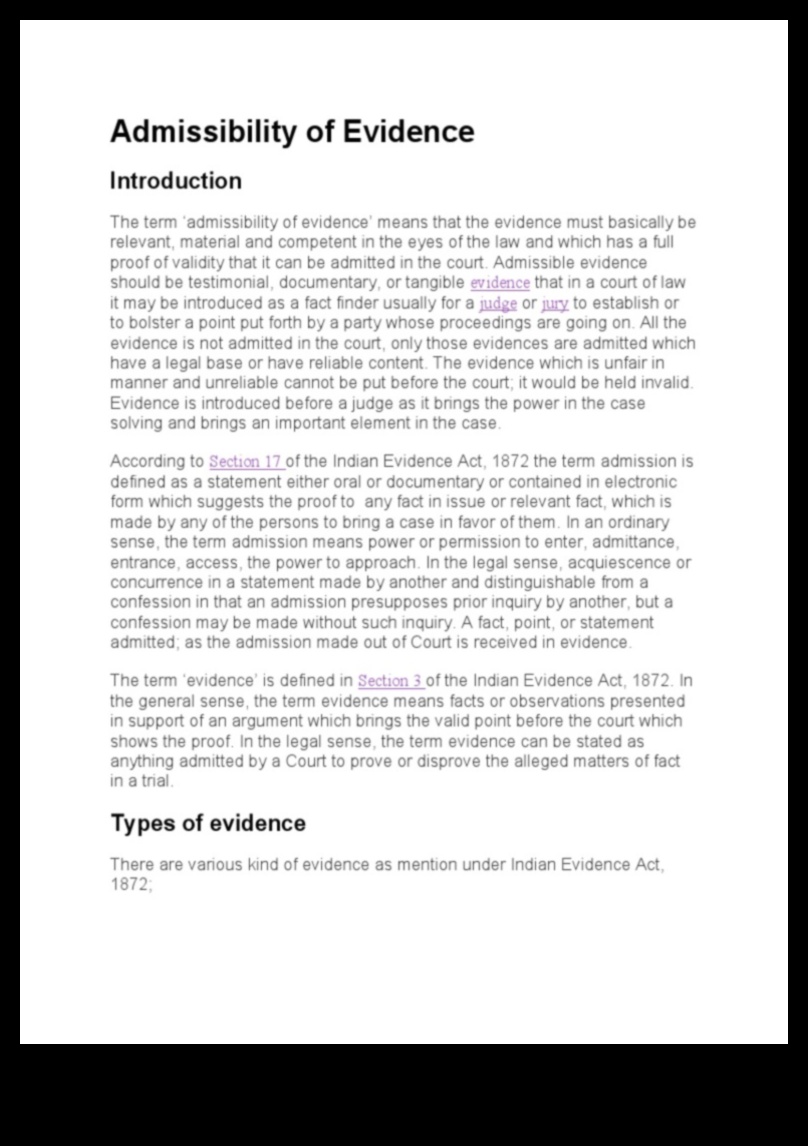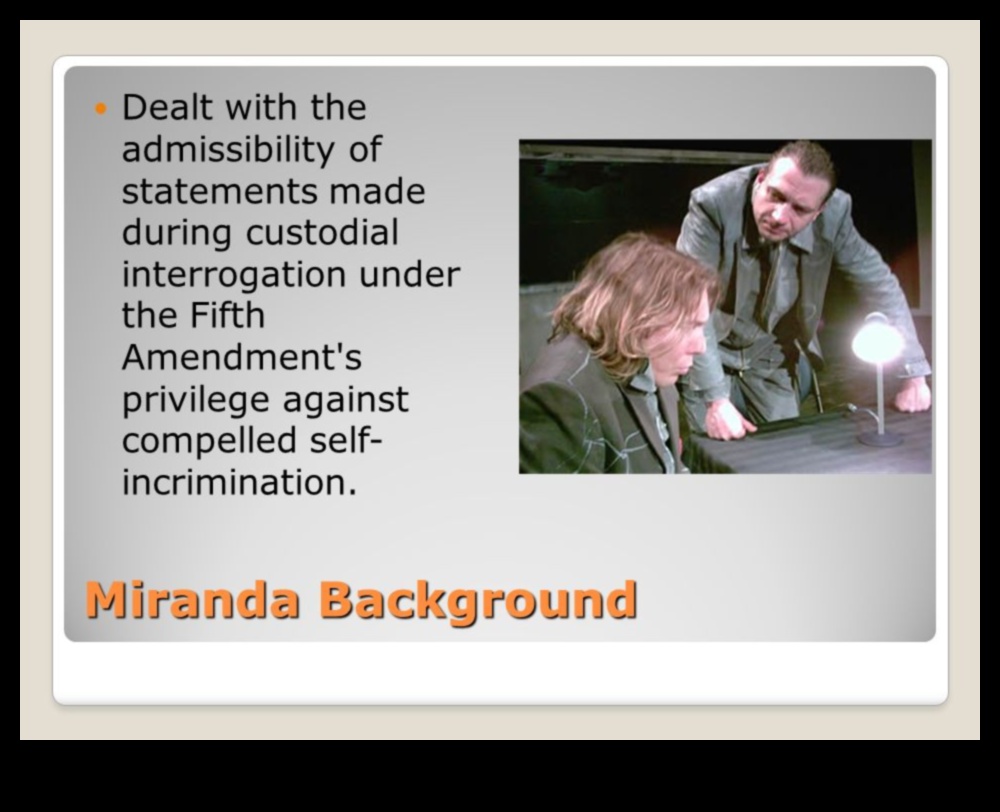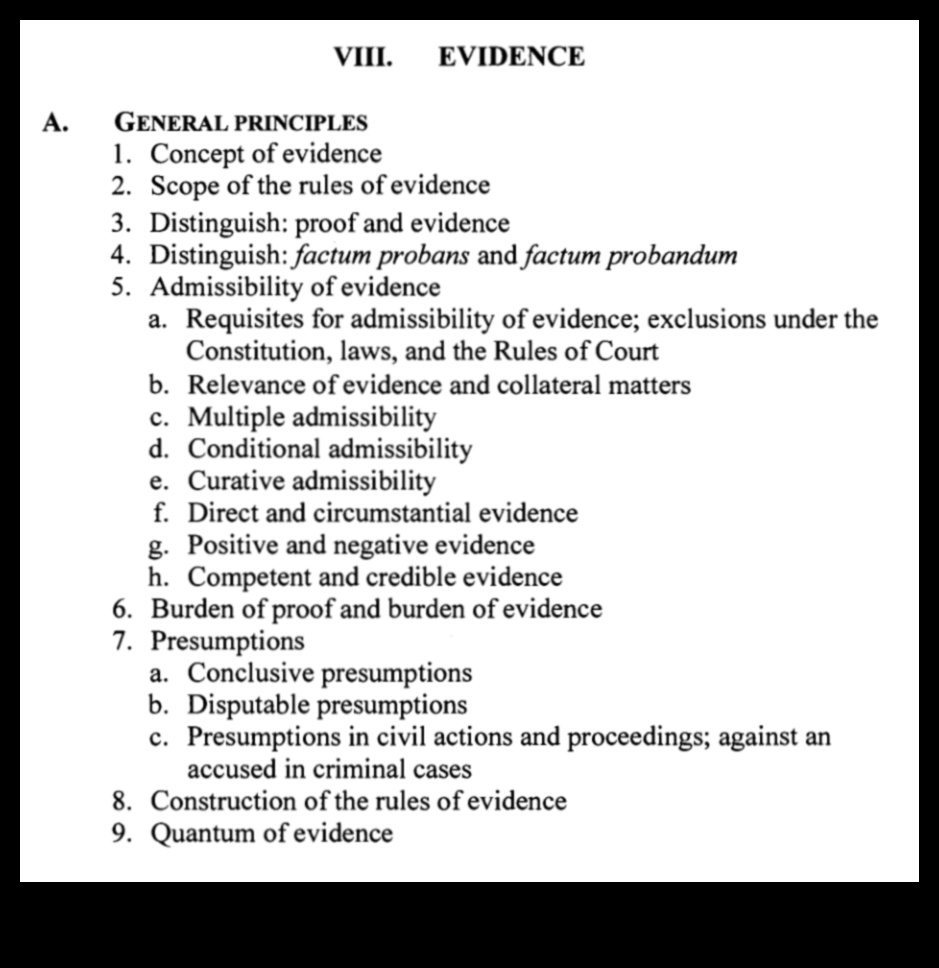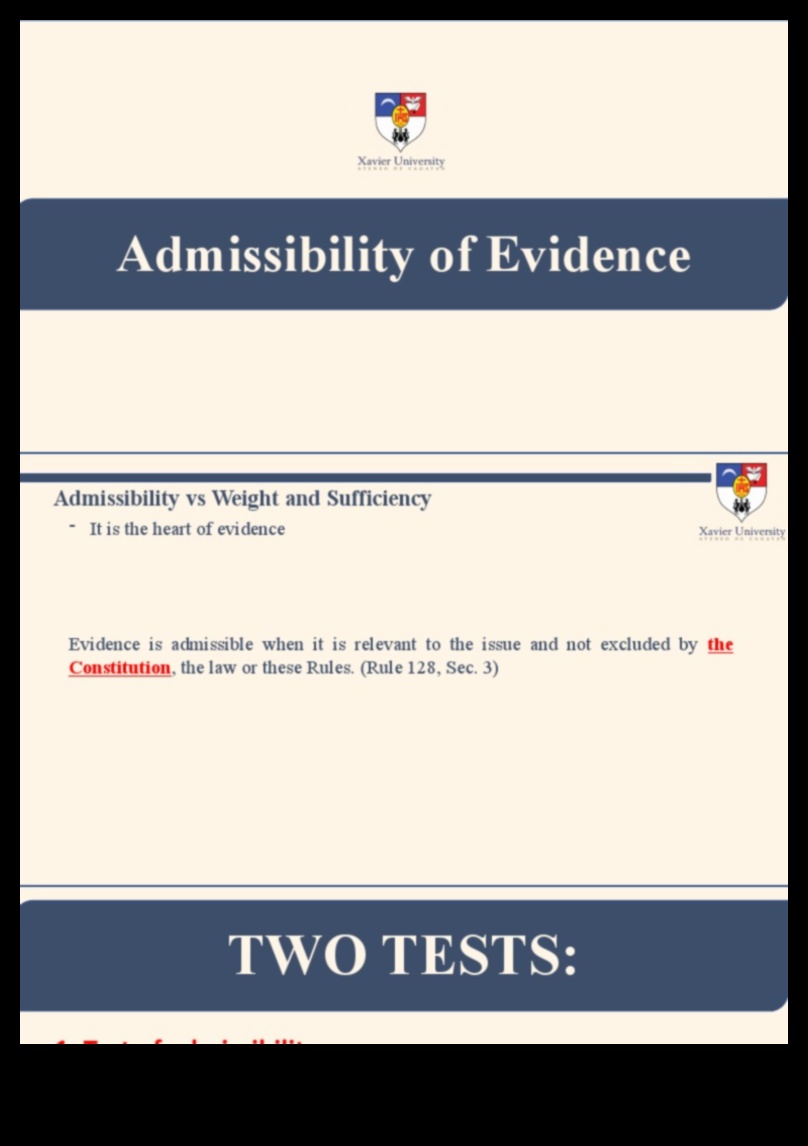
Admissible
Admissibility
Allowable
Acceptable
Legal
The search intent of “what does admissable mean” is to find out the definition of the word “admissible”. People are trying to solve the problem of not knowing what the word means.
Write in content for – no formatting, no styling – just code. Answer the topic in plain text and use
. 300 words.
Admissible is a legal term that means that evidence is allowed to be presented in court. Evidence that is not admissible is not allowed to be presented in court.
There are different types of admissibility, including:
- Relevant
- Material
- Probative
- Sufficient
Admissibility is determined by the judge before the trial begins. The judge will consider the following factors when determining whether evidence is admissible:
- The relevance of the evidence
- The materiality of the evidence
- The probative value of the evidence
- The prejudicial effect of the evidence
If the judge finds that the evidence is admissible, it will be allowed to be presented in court. If the judge finds that the evidence is not admissible, it will not be allowed to be presented in court.
Admissibility is an important legal concept that ensures that only relevant and material evidence is presented in court. This helps to ensure that the trial is fair and that the defendant has a chance to defend themselves.
| Feature | Definition |
|---|---|
| Admissible | Allowed to be used as evidence in a court of law |
| Admissibility | The legal principle that determines whether or not evidence is admissible |
| Allowable | Permitted or acceptable |
| Acceptable | Meeting the required standards |
| Legal | In accordance with the law |

What is admissibility?
Admissibility is the quality of being acceptable as evidence in a court of law. In other words, it is the ability of evidence to be used to prove or disprove a fact in a legal proceeding.
There are a number of factors that can affect the admissibility of evidence, including its relevance, its reliability, and its prejudicial effect.
Relevance refers to the extent to which evidence is logically connected to the issue at trial. For example, evidence of a defendant’s prior convictions is not relevant to the issue of whether he or she committed the crime charged in the current case.
Reliability refers to the accuracy and trustworthiness of evidence. For example, eyewitness testimony is generally considered to be more reliable than hearsay evidence.
Prejudicial effect refers to the potential for evidence to unduly influence the jury’s decision. For example, evidence of a defendant’s bad character is generally inadmissible because it is more likely to inflame the jury’s passions than to help them reach a fair verdict.
If evidence is deemed to be admissible, it can be used by the prosecution or the defense to prove or disprove a fact in a legal proceeding.
III. What is admissibility?
Admissibility is the legal principle that determines whether or not evidence can be introduced at trial. Evidence that is not admissible is not allowed to be presented to the jury, and therefore cannot be used to prove a party’s case.
There are a number of factors that can affect the admissibility of evidence, including the type of evidence, the purpose for which it is being offered, and the rules of evidence that apply in the particular case.
In general, evidence is admissible if it is relevant to the case at hand and if it is reliable. Relevant evidence is evidence that tends to prove or disprove a fact in issue. Reliable evidence is evidence that is trustworthy and can be shown to be accurate.
The rules of evidence are designed to ensure that only fair and reliable evidence is admitted at trial. These rules vary from jurisdiction to jurisdiction, but they typically include rules governing the admissibility of hearsay evidence, privileged communications, and other types of evidence.
Admissibility is a complex legal concept, and there are many nuances that can affect the outcome of a particular case. If you are involved in a legal dispute, it is important to consult with an attorney to discuss the admissibility of evidence in your case.

II. What is admissibility?
Admissibility is the legal principle that determines whether or not evidence can be introduced at trial.
Evidence that is admissible is relevant and has probative value.
Relevant evidence is evidence that tends to prove or disprove a fact in issue.
Probative value is the ability of evidence to prove or disprove a fact in issue.
Evidence that is not admissible is excluded from trial.
There are a number of reasons why evidence may be excluded, including:
- It is hearsay
- It is privileged
- It is unduly prejudicial
- It is cumulative
The admissibility of evidence is determined by the judge before trial.

V. Admissibility in criminal cases
In criminal cases, the admissibility of evidence is governed by the Federal Rules of Evidence (FRE). The FRE set forth a number of factors that courts must consider when determining whether to admit evidence, including:
- The relevance of the evidence
- The probative value of the evidence
- The prejudicial effect of the evidence
- The availability of other, less prejudicial evidence
- The need for the evidence to protect a fundamental right
In addition, the FRE provide for a number of specific exceptions to the hearsay rule, which allows for the admission of certain types of hearsay evidence that would otherwise be inadmissible.
The admissibility of evidence in a criminal case is a complex and fact-specific issue. As a result, it is important to consult with an experienced criminal defense attorney to discuss the admissibility of any evidence that may be relevant to your case.

II. What is admissibility?
Admissibility is the legal term for whether or not evidence is allowed to be presented in a court of law. Evidence that is admissible is considered to be relevant and reliable, and it can be used to prove or disprove a point at issue in the case. Evidence that is not admissible is considered to be irrelevant or unreliable, and it cannot be used in court.
There are a number of factors that can affect the admissibility of evidence, including the type of evidence, the source of the evidence, and the manner in which the evidence was obtained. In general, evidence that is relevant and reliable is more likely to be admissible than evidence that is not.
The admissibility of evidence is determined by the judge before the trial begins. The judge will consider all of the relevant factors and make a decision on whether or not the evidence is admissible. If the evidence is found to be admissible, it can be presented to the jury during the trial.
The admissibility of evidence is an important part of the legal process. It helps to ensure that only relevant and reliable evidence is presented in court, and it prevents the jury from being misled by irrelevant or unreliable evidence.
VII. Exceptions to the hearsay rule
There are a number of exceptions to the hearsay rule, which allow certain types of hearsay evidence to be admitted into court. These exceptions are based on the idea that the hearsay statement is reliable enough to be admitted despite the fact that it is not firsthand evidence.
Some of the most common exceptions to the hearsay rule include:
- Excited utterances
- Present sense impressions
- Then-existing mental, emotional, or physical condition
- Statements for purposes of medical diagnosis or treatment
- Records of regularly conducted activity
- Public records
- Absence of a record
- Res gestae
Each of these exceptions has its own set of requirements that must be met in order for the hearsay statement to be admissible. For example, an excited utterance must be made by a person who is under the stress of excitement caused by the event being described. A present sense impression must be made by a person who is perceiving the event at the time it is happening.
The hearsay rule is a complex area of law, and there are many exceptions to the rule. If you are unsure whether a particular hearsay statement is admissible, you should consult with an attorney.
The Confrontation ClauseThe Confrontation Clause of the Sixth Amendment to the United States Constitution provides that “in all criminal prosecutions, the accused shall enjoy the right . . . to be confronted with the witnesses against him.” The Confrontation Clause is intended to ensure that a criminal defendant has the opportunity to cross-examine witnesses who testify against him at trial.
The Confrontation Clause applies to both direct and indirect testimony. Direct testimony is testimony that is given in person by a witness who is subject to cross-examination. Indirect testimony is testimony that is given by a witness who is not subject to cross-examination, such as a witness who testifies at a preliminary hearing or a witness who provides a written statement.
The Confrontation Clause is not absolute. There are a number of exceptions to the Confrontation Clause, such as the hearsay rule and the dying declaration rule. In order for an out-of-court statement to be admissible under an exception to the Confrontation Clause, the statement must be reliable.
The Confrontation Clause is an important constitutional right that protects criminal defendants from being convicted on the basis of unreliable evidence. The Confrontation Clause ensures that criminal defendants have the opportunity to confront the witnesses against them and to challenge their testimony.
IX. Waiver of the right to confrontationA criminal defendant may waive their right to confrontation by:
- Expressly waiving the right;
- Failing to object to the admission of hearsay testimony;
- Presenting no witnesses at trial;
- Failing to request a limiting instruction.
If a criminal defendant waives their right to confrontation, the prosecution may introduce hearsay testimony against them. However, the hearsay testimony must be reliable and relevant to the case.
The Confrontation Clause is a fundamental right that protects criminal defendants from being convicted based on unreliable hearsay testimony. However, the right to confrontation may be waived by the defendant. If a defendant waives their right to confrontation, the prosecution may introduce hearsay testimony against them. However, the hearsay testimony must be reliable and relevant to the case.
X. FAQ
Q: What does admissible mean?
A: Admissible is an adjective that means something is allowed or permitted. In the legal context, admissible evidence is evidence that is allowed to be presented at trial.
Q: What are the types of admissibility?
A: There are two types of admissibility:
- Relevant evidence
- Probative evidence
Q: What are the rules of admissibility?
A: The rules of admissibility are the rules that govern what evidence is allowed to be presented at trial. These rules are designed to ensure that only relevant and probative evidence is admitted, and that the admission of evidence does not violate the rights of the parties involved.